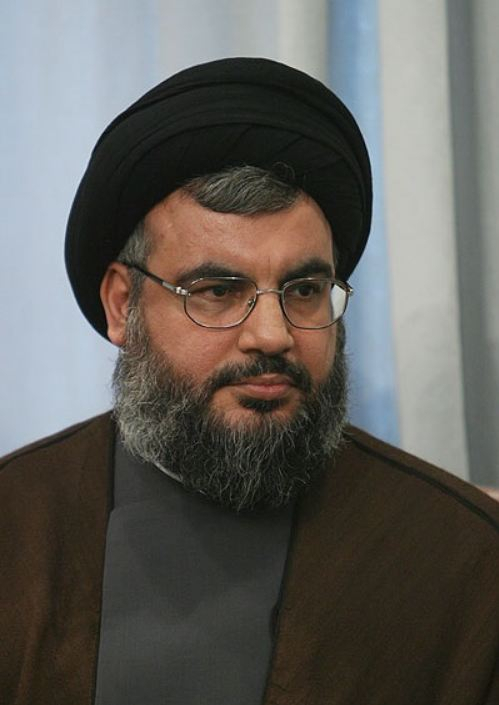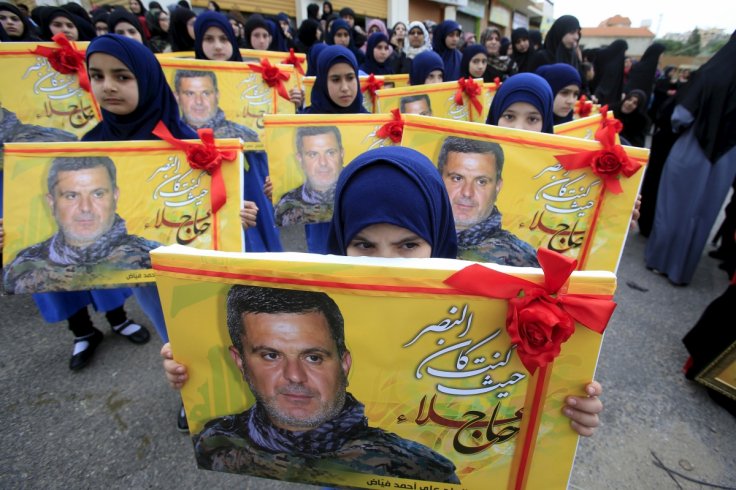Germany banned Shi'ite Islamist group Hezbollah on Thursday, setting the stage for a pan-EU ban on the outfit. The European Union had designated the military wing of Hezbollah as a terrorist group but its political activities are allowed in the EU. The German move will put more pressure on sections within the EU that cite Hezbollah's political 'legitimacy' in Lebanon as a reason for not enforcing a ban.
The German parliament had approved a resolution to ban both Hezbollah's military and political wings in December last year. The US had already banned the heavily armed Shiite outfit, whose stated goal is the extermination of the Jewish state of Israel. Other countries like the United Kingdom, Canada and the Netherlands have also banned the group. However a EU-wide ban has been elusive as some sections within the European Union believe that such a ban will impact the relationship with Lebanon.
Political, social and military structure
"Hezbollah openly calls for the violent elimination of the State of Israel and questions the right of the State of Israel to exist ... The organization is therefore fundamentally against the concept of international understanding, regardless of whether it presents itself as a political, social or military structure," the German Interior Ministry said in a statement on Thursday.

German police also raided mosque associations with allegiance to Hezbollah in the cities of Dortmund, Muenster, Bremen and Berlin, the interior ministry said. The German government believes more than 1,000 people in the country are associated with Hezbollah's extremist wing. The ban makes public expression of support for Hezbollah a criminal activity in Germany, directly affecting the outfit's fund raising in the country.
The German ban will hit one of the key funding and money laundering avenues for the Hassan Nasrallah-led militant outfit. Reports have said that European locations are the preferred places for the Syria-supported outfit to raise and launder money. Charitable activities such as the running of orphanages have been a front for the outfit to collect donations from within Europe.
Drug smuggling and trafficking in counterfeit products
German broadcaster DW reported that Hezbollah raises more than $300 million every year through its international operations. Besides donations, the money also comes from activities like drug smuggling and trafficking in counterfeit products. The group's strong international presence helps it carry out its complex web of money transactions.

The ban in Germany will strike at the root of Hezbollah's ability to raise funds, especially at a time when the funds from Iran are likely to dry up in the post-pandemic financial squeeze. "Germany is incredibly important for Hezbollah, because Germany is an Eldorado for money laundering," Islam Ralph Ghadban, a political scientist and scholar, told DW.
Hezbollah staring at 40 percent drop Iran funding
Politico reported in January this year that Hezbollah was already under enormous financial pressure. It says that Nasrallah had asked his supporters to make an "unprecedented increase" in charitable" donations to pay the militants engaged in conflicts across Syria.
The National newspaper in Abu Dhabi reported last week that Hezbollah is staring at around 40 percent reduction in funding from Iran following the plunge in crude oil prices in the aftermath of the coronavirus epidemic. Hezbollah needs around $1 billion a year to fund its operations, and nearly $700 million comes through Iranian funding. The trimming of Iranian funds will leave the outfit poorer by nearly $280 million.
Rising pressure on EU
The German ban is a hard blow for Hezbollah and its problems will escalate should the EU take a cue from Berlin. The US has also been exerting pressure on the EU to designate Hezbollah a terrorist outfit. So far, the armed Shiite militant organisation has been taking advantage of the loose oversight in Europe. Hezbollah has been able to "find a gap in the seams of European law enforcement," Matthew Levitt, a former FBI analyst, told the newspaper. Europe has been a "fairly comfortable place" for Hezbollah to raise funds, he said.








